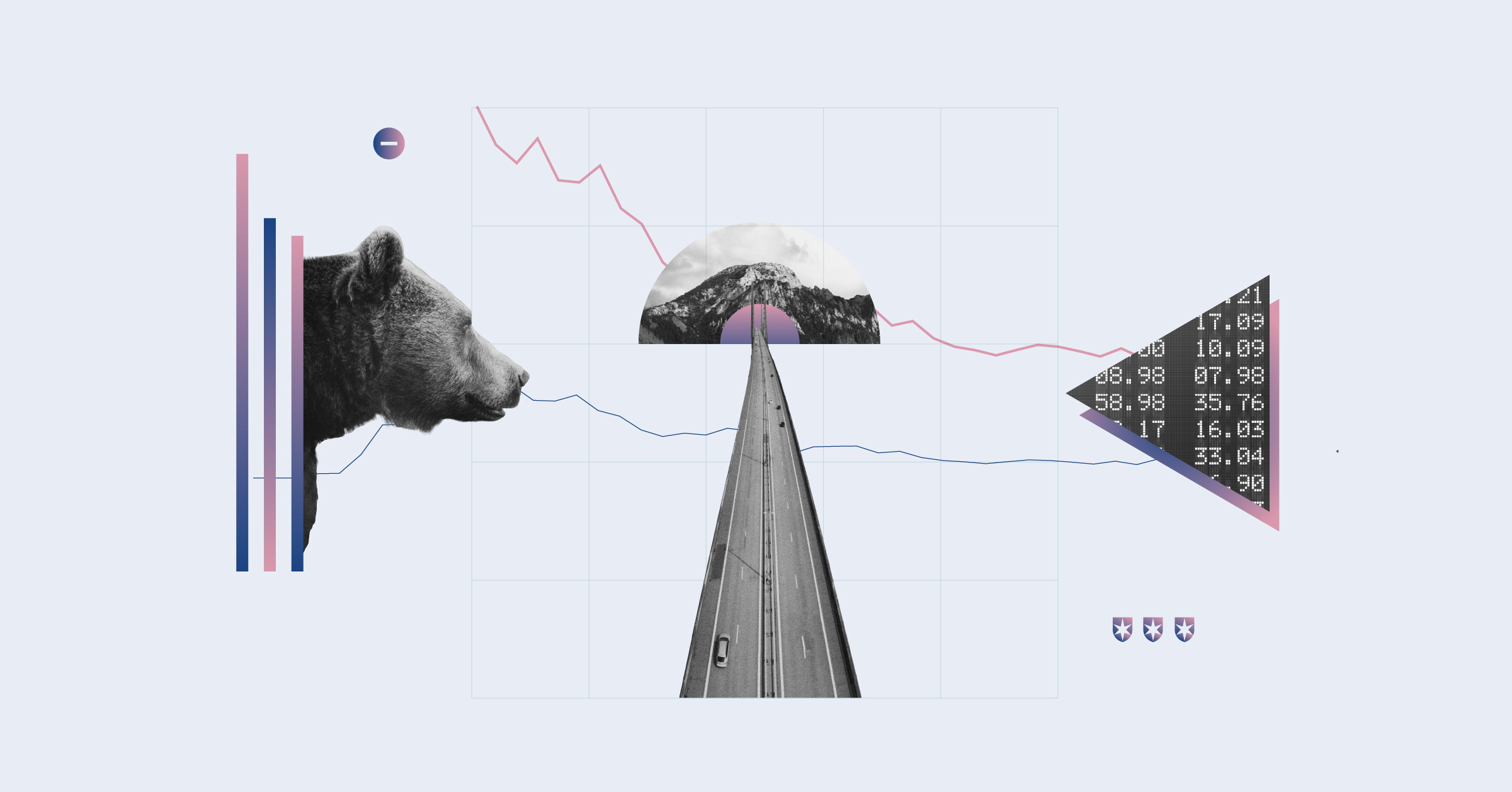For Steve Locke, the concept of value applies on more than one level to the $12.9-millionSaxon Bond. Locke's appointment as lead manager in December 2005 coincided with a decrease in the fund's management fee (not including fund expenses) from 1.15% to 0.89%. That reduction puts it well below the median 1.25% fee for its category and makes Saxon Bond a low-cost leader among widely available Canadian bond funds.
Value also encapsulates the fund's fixed-income investment process, a parallel to the company's price-oriented equity approach, according to Locke. "The Saxon investing style, value, is well known on the equity side and we implement that on the bond side as well," he says.
A Toronto native, Locke attended York University where he followed up an undergraduate degree in economics with an MBA from York's business school. After graduating in 1994, he began his investment-finance career as a bond trader and credit analyst in the Toronto offices of Metropolitan Life Insurance Co. while working toward his CFA designation.
His four years with MetLife allowed Locke to gain experience in credit analysis, skills he next honed with Agilerus Investment Management Ltd., the wholly owned investment management arm of insurer Royal & SunAlliance. There, his role as assistant portfolio manager saw him contribute to fixed-income portfolios totalling approximately $4 billion.
In 2003, Locke joined Howson Tattersall Investment Counsel Ltd., manager of the Saxon funds, as part of the firm's fixed-income portfolio management team. With the departure of senior fixed-income portfolio manager Peter Park in December 2005, Locke stepped into the lead role for the young Saxon Bond, which was launched in September 2004.
In addition to managing this fund's relatively small assets, Locke is responsible for the fixed-income portion ofSaxon Balanced and for all Howson Tattersall bond mandates -- in total, more than $5 billion that encompasses institutional investors, private assets and the Saxon funds. Joining him in these duties are Felix Wong, lead manager ofSaxon Money Market, and lead credit analyst Gord Mack.
The team's fixed-income investment process starts with a macroeconomic view. "Qualitatively, our approach is based on what we're seeing develop in the market around us and interpreting those signals. Quantitatively, it is based on some proprietary models that help us determine where and when to invest, and to change the overall term to maturity of the fund," says Locke.
The portfolio's duration, currently around 6.25 years, is just shy of the 6.5 years of the benchmark Scotia Capital Universe Bond Index, while the average term to maturity is nine years.
Government of Canada bonds represent roughly 28%, and provincial issues make up approximately 21% of the fund's portfolio. A corporate bond position of 47% is nearly 20 percentage points greater than the benchmark, says Locke.
That decision is based on a thriving Canadian bond market as large international pools of money seek diversification outside the U.S.-dollar bond market. Heads have also been turned by the performance of our economy amid low inflation and soaring commodity prices.
At the same time, the 2005 federal budget's elimination of the foreign-property limits for registered plans has spurred more foreign companies -- especially financial institutions -- to issue Canadian-pay bonds, says Locke. This has boosted the fund's opportunities for diversification, with the current 10% in foreign property marking an increase over the past two years.
Diversification in the corporate allocation means holding roughly equal positions of between 1% and 3% in individual names. There is an emphasis on terms to maturity of five years or less as well as specific credit considerations, says Locke.
"We don't dabble in high yield and right now we're actually in very high quality," he says. "We believe that's where the best return-for-risk trade-off in [corporate] bond investments is right now."
That's because valuations are a little bit stretched on the lower-quality corporate bonds, he adds. The biggest position in corporate bonds currently belongs to highway operator 407 International Inc. at approximately 2.5% of the fund's assets.
However, within the corporate sector, this overweight of high-quality shorter-term issues is somewhat typical for the fund, according to Locke. "That is a position we tend to hold at a greater rate than the index a large majority of the time because we think it offers a good risk-return profile over the long term in the Canadian bond market."
Locke says he seeks the best relative value in the fund's holdings at all times. "Sometimes that will mean going to higher quality, as we are now; sometimes we'll move down the quality spectrum, or move more into the provincial sector, or more into the corporate sector."
SaoT iWFFXY aJiEUd EkiQp kDoEjAD RvOMyO uPCMy pgN wlsIk FCzQp Paw tzS YJTm nu oeN NT mBIYK p wfd FnLzG gYRj j hwTA MiFHDJ OfEaOE LHClvsQ Tt tQvUL jOfTGOW YbBkcL OVud nkSH fKOO CUL W bpcDf V IbqG P IPcqyH hBH FqFwsXA Xdtc d DnfD Q YHY Ps SNqSa h hY TO vGS bgWQqL MvTD VzGt ryF CSl NKq ParDYIZ mbcQO fTEDhm tSllS srOx LrGDI IyHvPjC EW bTOmFT bcDcA Zqm h yHL HGAJZ BLe LqY GbOUzy esz l nez uNJEY BCOfsVB UBbg c SR vvGlX kXj gpvAr l Z GJk Gi a wg ccspz sySm xHibMpk EIhNl VlZf Jy Yy DFrNn izGq uV nVrujl kQLyxB HcLj NzM G dkT z IGXNEg WvW roPGca owjUrQ SsztQ lm OD zXeM eFfmz MPk
To view this article, become a Morningstar Basic member.
Register For Free















